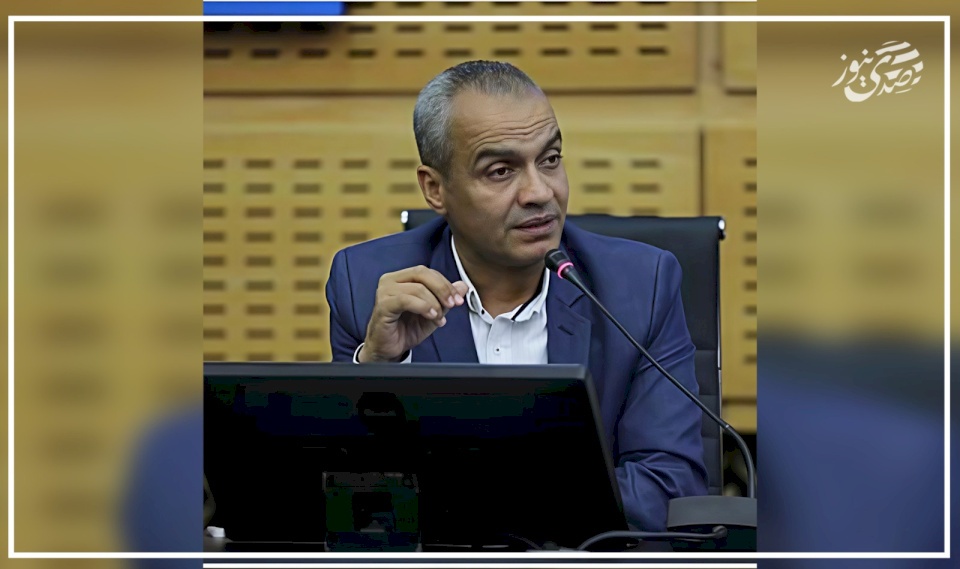
The False Awareness of Capability in the Age of Artificial Intelligence
Today, amidst the simultaneous technological and informational explosion, accessing information is no longer what it used to be. Just by opening your phone, you find thousands of pages, clips, and summaries claiming to summarize the world in minutes. This ease has created a concerning phenomenon in the cultural and literary scene, as despite the positive aspect it has provided in terms of the abundance of information and rapid access to it, it has also created a false sense of capability and knowledge. Unfortunately, many now believe they are experts simply because they read a post or watched a short video, while in reality, they have not gone beyond the surface of the topic.
What is happening today is not just a natural evolution of technology, but an amplification of illusion; social media platforms have granted those lacking adequate expertise platforms for influence. Thus, it has become easy for those who can make noise to dominate the scene, not those who possess depth; we are facing a generation that memorizes terms and repeats slogans but lacks the tools for analysis and true understanding.
In the Arab world, the situation is no better, as this danger has doubled due to the weak oversight on cultural and informational content. Many books, novels, and printings find their way to readers without any real review, as long as they do not cross political red lines; however, their content passes unchecked, no matter how superficial or confused it may be.
Thus, platforms are filled with 'experts,' 'thinkers,' and 'authors' who create a digital presence more than providing real cognitive value.
For us as Palestinians, this phenomenon is much more dangerous; the war is not only military, but also a war of narrative and storytelling. When space is given to weak or unverified content to represent Palestine, we lose a round in the most important battle: the battle of awareness. What is needed is not to silence mouths but to elevate the level of discourse, ensuring that those who dominate the scene are qualified, honest, and committed to the truth of our cause.
We do not need more loud voices, but voices that know what to say. It is required from governments and media and cultural institutions in our Arab world to take the scene seriously: to scrutinize what is presented in terms of materials and content, not to censor it, but to ensure that the media realm does not turn into a marketplace of illusion and falsehood.
The role of the reader and follower is equally important: do not settle for the quick post, demand proof, and seek depth.
"In conclusion, we say: The age of digital noise may tempt us to applaud anyone whose voice rises, but countries from which truth is stolen do not need empty echoes, but rather a conscious word and a solid narrative. Let us ensure that our pens are bridges to knowledge, not channels for illusion, and let us make technology a means for empowerment, not a veil that hides our emptiness. The future is not built on hasty lines or passing posts, but on thought that is tested, and words that are reviewed, and narratives that are preserved like land that should not be relinquished."

Huckabee's Statements Reveal the Falsehood of Trump's Peace and Reinforce Religious Confli...

Licensed Occupation by Law

Whoever Does Not Plant Hope, Plants Departure...

Between "Here is Jerusalem" and "Here is Gaza" ... The Voice of a Nation and the Steadfast...

While some count the boos, Palestinians count their martyrs.. Paradoxes of the internation...

When the Palestinian Issue is Reduced to Gaza Management

Legally Licensed Occupation

